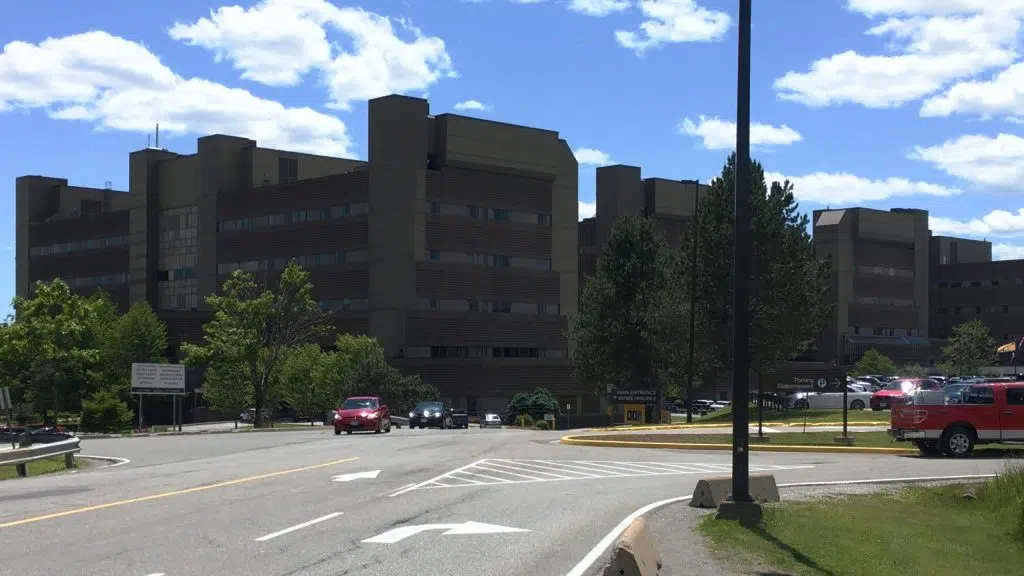Coroner’s inquests will now be mandatory for non-natural deaths in custody or in a hospital facility.
Hillary’s Law unanimously passed third reading in the legislature last week and received Royal Assent on Friday.
The law is one of several amendments that have been made to the province’s Coroners Act.
“We acknowledge the strong interest of the families and the public to know the circumstances surrounding such unfortunate deaths,” Public Safety Minister Kris Austin said in a news release.
The provision creates a mandatory requirement for a coroner’s inquest under specified circumstances related to non-natural deaths in custody, in a hospital facility, or where use of force may have been a factor.
Hillary’s Law is named after the late Hillary Hooper. The Charlotte County woman died by suicide in the Saint John Regional Hospital’s psychiatric unit in 2020 at the age of 27.
Hooper’s mother, Patty Borthwick, fought for months in order to have a coroner’s inquest held into her daughter’s death.
The inquest was announced in November 2022 and held over the course of three days this past March.
The five-member jury heard from 16 witnesses during the inquest and made nearly a dozen recommendations. The coroner also made four additional recommendations.
Other amendments to the Coroners Act include protecting the identity of jurors, removing the three-hour time limit for deliberations by an inquest jury, and allowing for more than one deputy chief coroner to be appointed to address the increasing number of inquests.
The act also requires coroner’s inquests to be held when someone dies while employed in a woodland operation, sawmill, lumber processing plant, food processing plant, fish processing plant, construction project site, mining plant or mine, including a pit or quarry.








